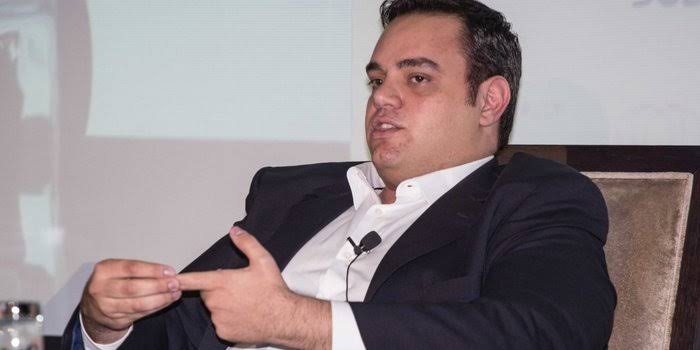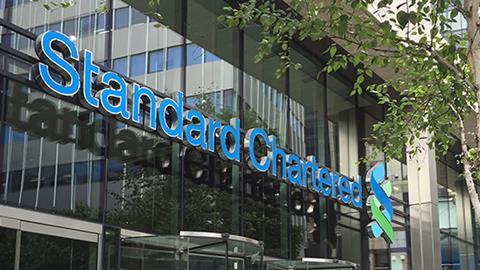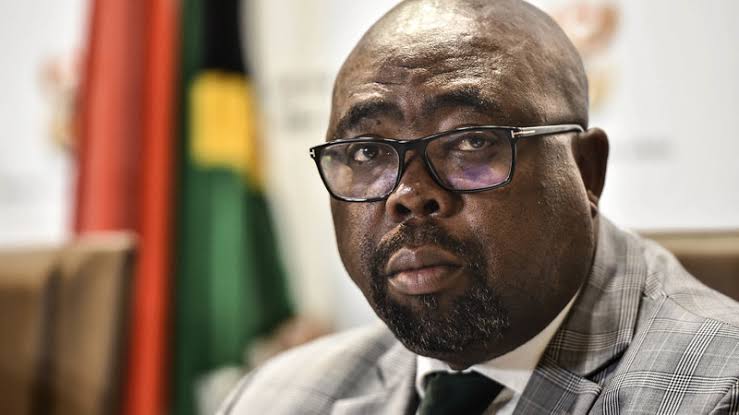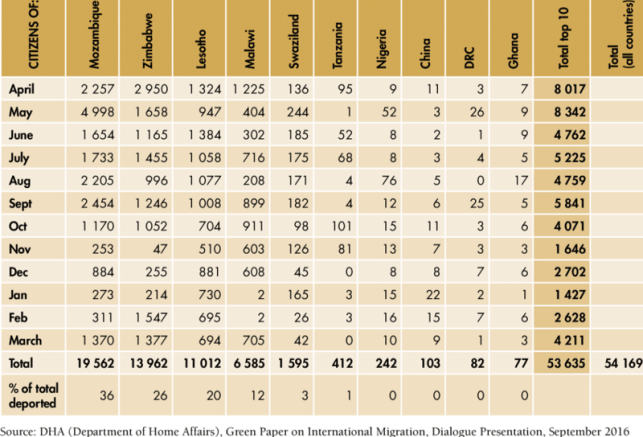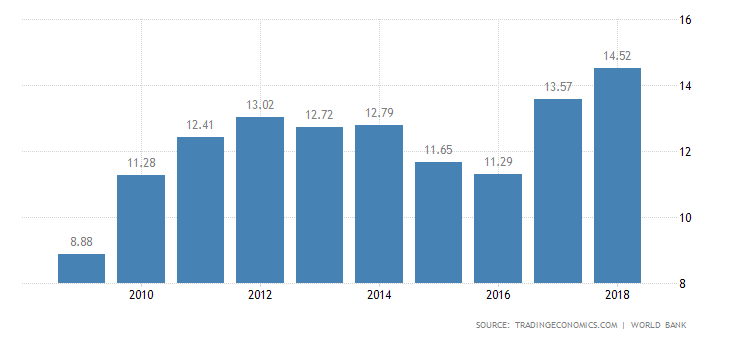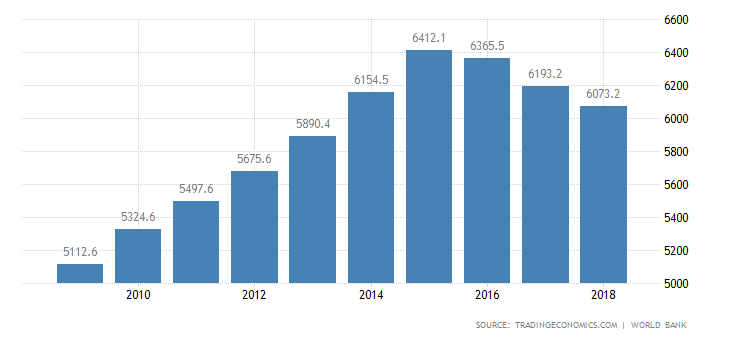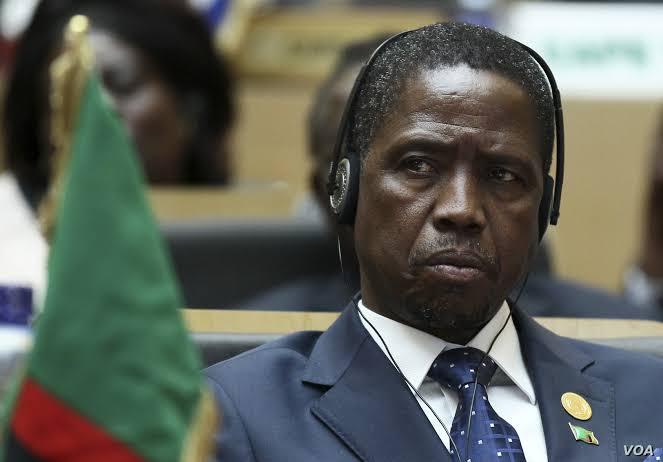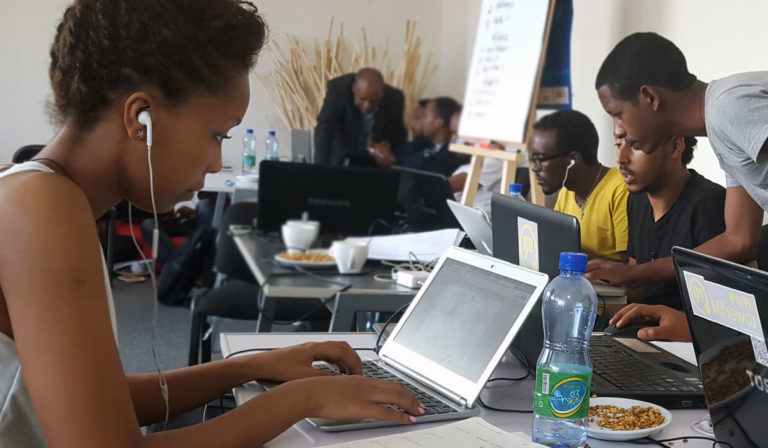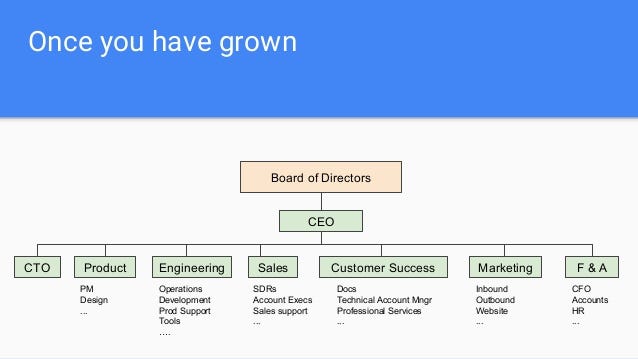International Finance Corporation (IFC)injects $1 million into Flat6Labs Tunis (Anava Seed Fund)
Startups in Tunisia have got a new fund to pitch to. The International Finance Corporation (IFC), a member of the World Bank Group has announced it would be injecting $1 million into Tunisia-based Anava Seed Fund, an accelerator and early-stage fund managed by Flat6Labs Tunis.
“The move aims to support tech entrepreneurship and women entrepreneurs in particular, as well as to boost Tunisia’s nascent venture capital ecosystem,” said the statement.
Here Is The Deal
- Almost half of the money would be provided by the Women Entrepreneurs Finance Initiative (We-Fi), a partnership among governments, multilateral development banks, and other public and private sector stakeholders, hosted by the World Bank Group.
- We-Fi, as the statement notes, is supporting women entrepreneurs in developing countries by building their capacity, scaling up access to financial products and services, and providing links with global markets.
- The implication of this that essentially Flat6Labs Tunis would be preferring female-founded startups for investment than it used to as it is now part of their mandate.
- The investment by IFC in Flat6Labs Tunisia is part of its $30 million Startup Catalyst initiative that backs accelerators and seed funds in emerging markets to help them venture capital ecosystem and boost entrepreneurial activity. IFC has previously also invested in Flat6Labs Cairo and Ibtikar Capital.
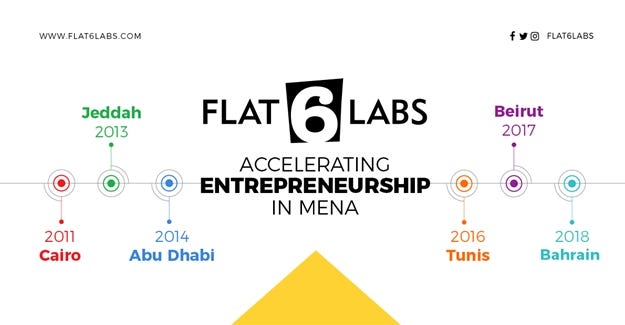
According to Georges Joseph Ghorra, IFC’s Resident Representative in Tunisia:
“Early-stage funding is vital to building a robust startup ecosystem and to help entrepreneurs establish companies that can develop innovative solutions and create quality jobs. We aim to address the funding gaps in this space, especially for women entrepreneurs, to continue to spur innovation and economic growth in Tunisia and the region.”
Previous Flat6Labs’ Investment In Startups
Dabchy, a Flat6Labs Tunis-backed female-led startup that was part of accelerator’s first cohort, recently raised $300,000 in seed funding from 500 Startups (MENA) and two Saudi VCs, which to the best of our knowledge is the highest amount of funding raised by a Flat6Labs Tunis startup.
Flat6Labs Tunis which is a partnership between Flat6Labs, BIAT, TAEF (Tunisian American Enterprise Fund), Meninx Holding and Le15, per statement, is increasing its seed fund size to $10 million to support up to 100 technology companies and to help address the lack of early-stage capital in Tunisia.
According to Ramez El-Serafy, CEO at Flat6Labs:
“We believe that our partnership with IFC will enable us to continue providing entrepreneurs with a better support program and encourage more candidates, especially women, to apply and thrive through it.”
Read also: How International Organisations Are Helping Startups In Africa
The International Finance Corporation (World Bank Group)
The IFC is a member of the World Bank Group and a development finance institution. Being the largest global institution targeting private sector institutions in developing countries, like Africa, companies or entrepreneurs desiring to establish new ventures or expand existing enterprises can approach IFC directly by submitting an investment proposal to the field office closest to the location of the proposed project
Investment Targets so far.
- More than $25 billion has been invested by the IFC in African businesses and financial institutions, and its current portfolio (in 2017) exceeds $5 billion.
- The IFC invested $3 million in Madagascar’s SMTP Group towards the expansion of its company’s poultry business in the country in 2015.
- The IFC provided a $7.5 million equity in Zoona, a financial services business that provides in-country and cross-border money transfers in Zambia, Malawi and Mozambique in 2015
- In 2018, it made $11.6 billion in long-term investments in 366 projects, and additionally mobilized nearly $11.7 billion to support the private sector in developing countries.
Click here for more information
Tunisia earlier this year had also secured a $175 million loan from The World Bank, $75 million of which is supposed to be invested in startups in the country.
Charles Rapulu Udoh

Charles Rapulu Udoh is a Lagos-based Lawyer with special focus on Business Law, Intellectual Property Rights, Entertainment and Technology Law. He is also an award-winning writer. Working for notable organizations so far has exposed him to some of industry best practices in business, finance strategies, law, dispute resolution, and data analytics both in Nigeria and across the world

